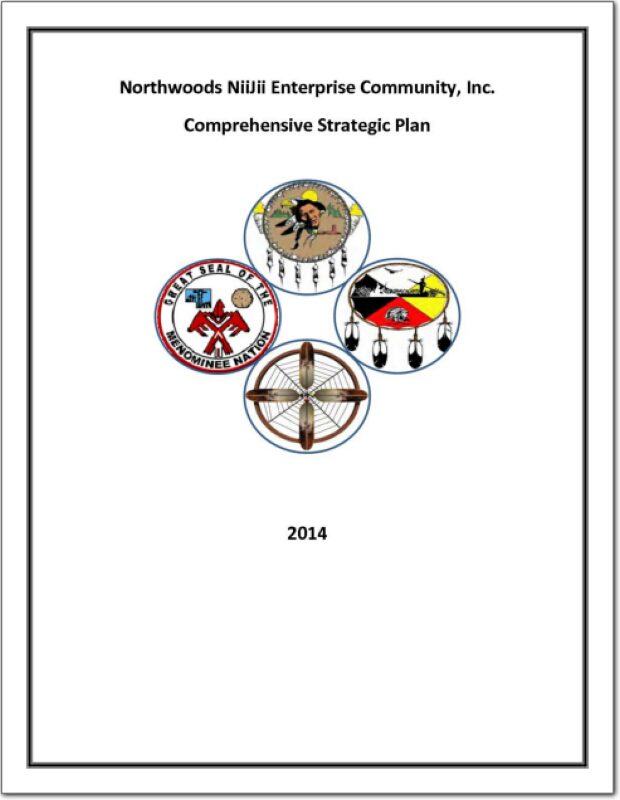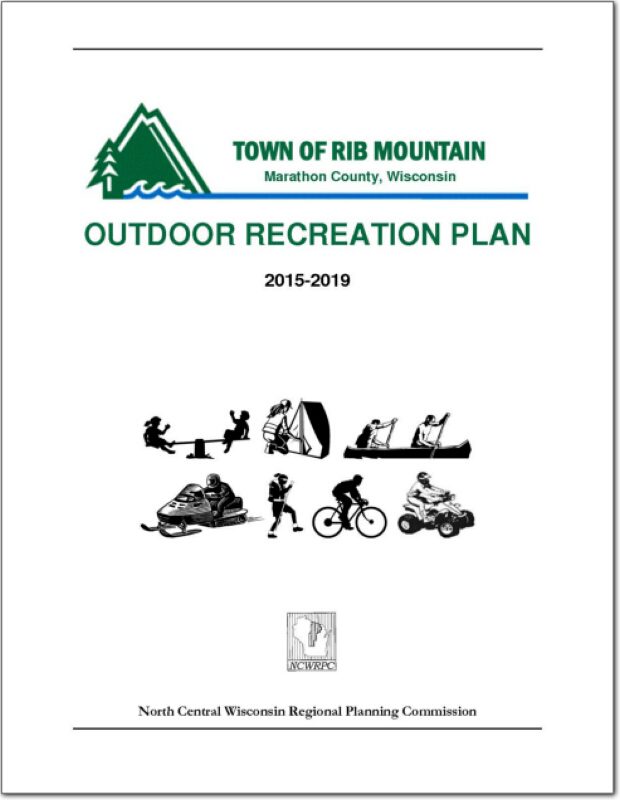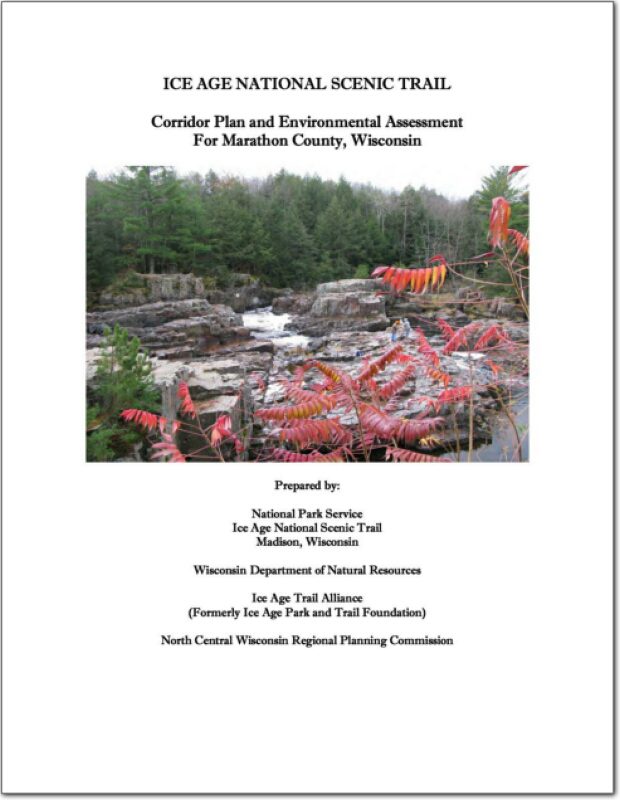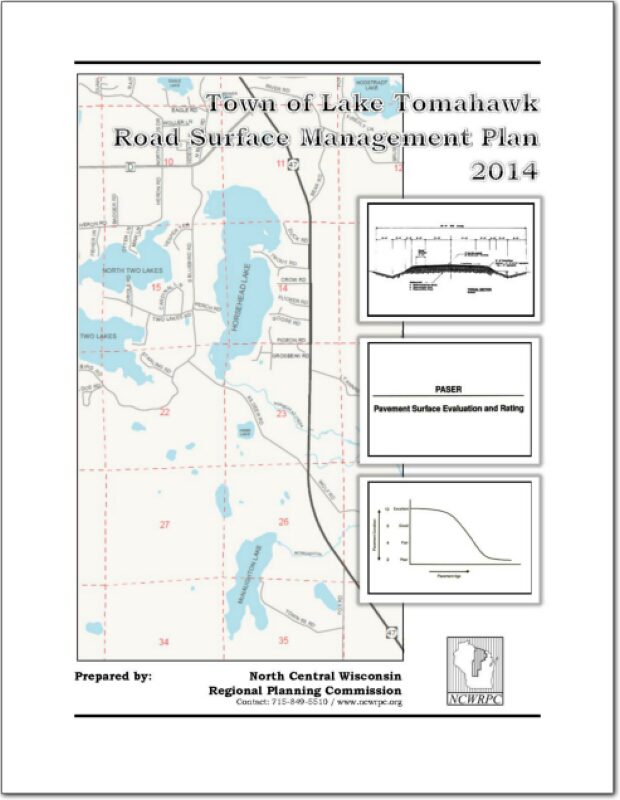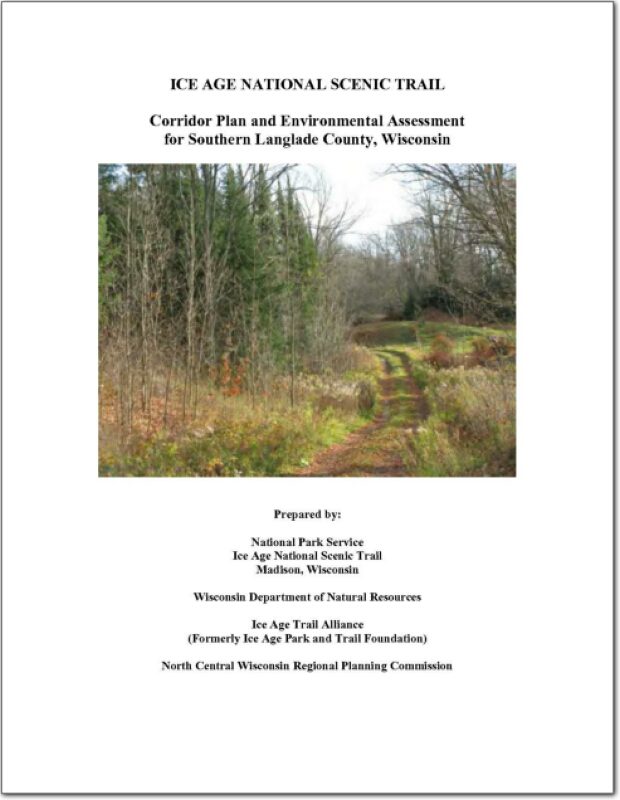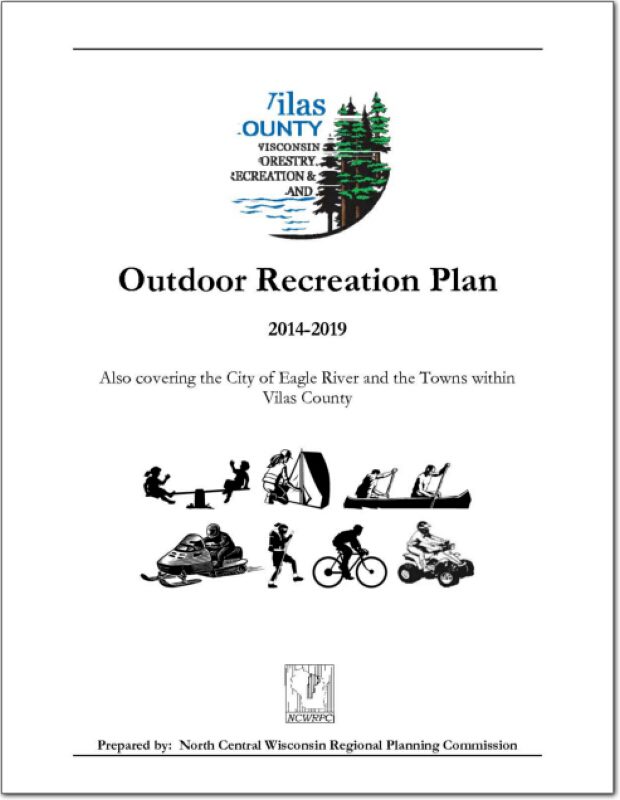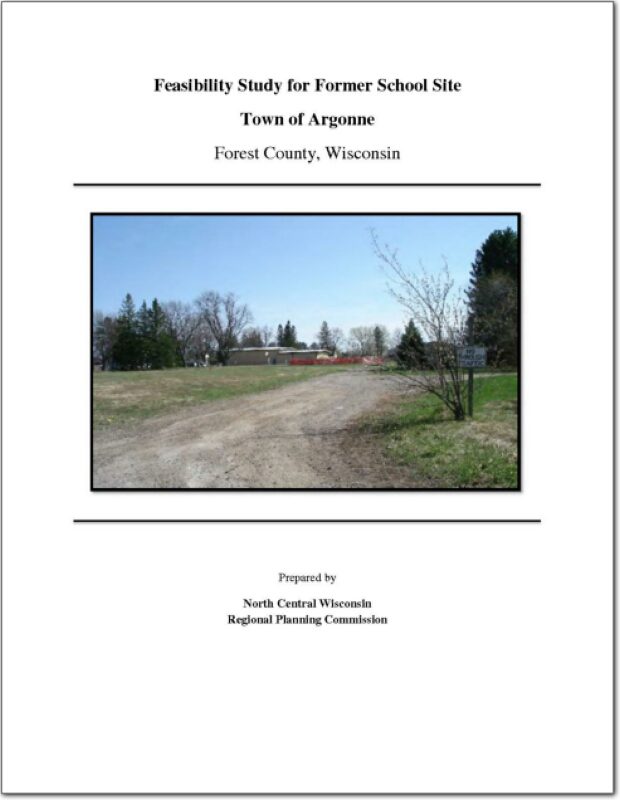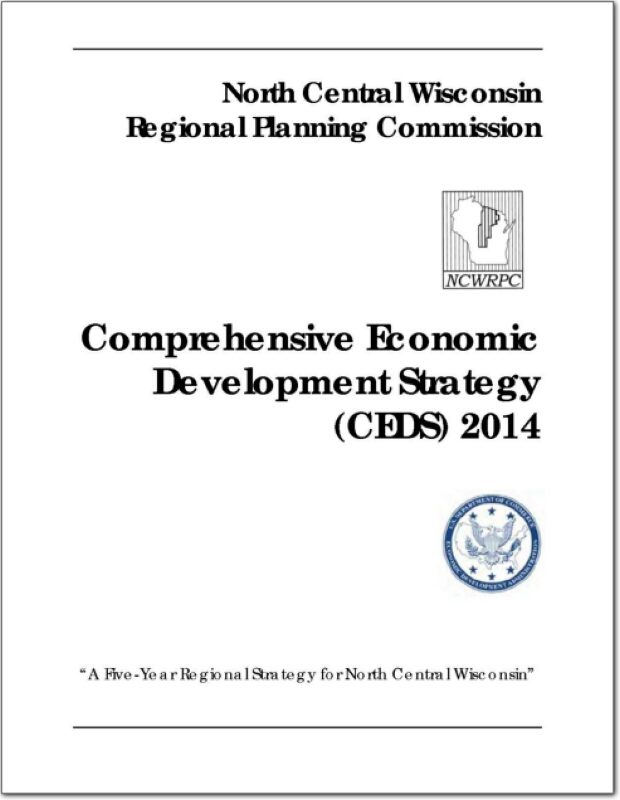The Niijii Community is defined by the people who live and work there; the houses and businesses; the parks and cultural features. There are three tribes affiliated with the NiiJii Enterprise Community; they are the Lac du Flambeau Band of Lake Superior Chippewa, the Menominee Indian Tribe of Wisconsin and Sokaogon Chippewa Community (aka Mole Lake Band of Lake Superior Chippewa Indians), see MAP 1. The comprehensive plan provides guidance to the NiiJii Enterprise Community when making future decisions on key community elements. How a community changes, how that change is perceived and how change is managed are the subjects of community comprehensive planning. The plan will provide goals, objectives and policies to successfully grow and advance the communities in five key elements: Population and Housing; Economic Development; Utilities and Transportation; Agriculture, Natural Resources and Cultural; and Land Use. Goals and objectives include key livability principles ensuring future growth that accommodates community member’s needs and desires ultimately working towards a better more sustainable life for the NiiJii Enterprise Community.
